If you are new to the world of endodontics, it can be daunting to understand the different procedures used in this field. In this blog post, we will go over some of the most common endodontic procedures and explain what they are and why they are important.
Root canal therapy as one of the most common endodontic procedures
Root canal therapy is one of the most common endodontic procedures. It is a dental procedure used to treat an infection at the root of a tooth. The infected pulp is removed from the root canal system and replaced with an inert material to avoid any further infection or damage. This procedure helps to preserve a patient’s natural teeth and can save them from having to get a dental implant or bridge.
Apicoectomy:
An apicoectomy (also known as root-end resection) is a surgical procedure where infected tissue near the tip of the root is removed in order to prevent further infection and preserve the tooth. During this procedure, your dentist will make an incision in your gum line that allows access to the bone surrounding your tooth’s roots. The damaged tissue is then removed, and then a small filling is placed at the end of your tooth’s root.
Retreatment:
Retreatment (or re-root canal therapy) is another common endodontic procedure where previously treated teeth are rechecked for signs of reinfection or complications that may have been missed during initial treatment. During retreatment, your dentist will open up your existing crown, remove any remaining bacteria within your tooth’s chamber, and then fill it with inert material once again. This helps to ensure that no further bacterial growth takes place which would lead to additional infections or cavities down the line.
Conclusion: Endodontics covers many various procedures that help keep patients’ teeth healthy and functional for years to come. While there are many more services available than those mentioned above, understanding these three common endodontic procedures can help new patients feel more informed when visiting their dentist for treatment or consultation purposes. At our office, we strive to provide all our patients with exceptional care so they can enjoy optimal oral health for years to come!



